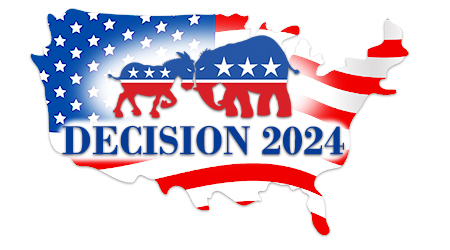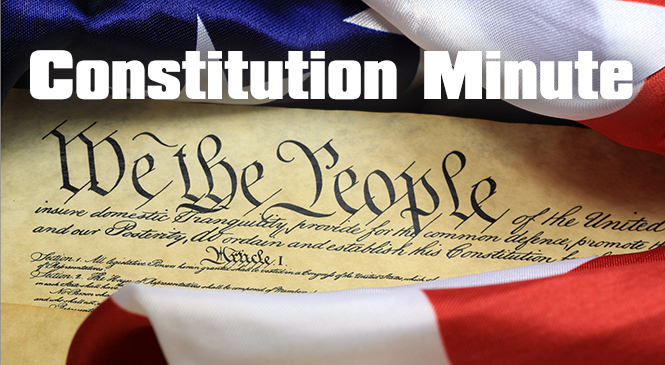A serious problem for Republicans

Presidential candidate Robert F. Kennedy, Jr. speaks during a campaign event at Independence Mall, Monday, Oct. 9, 2023, in Philadelphia. (AP Photo/Matt Rourke)
Coverage of the Hamas terror attack against Israel has dominated the news cycle this week. Had that not been the case, the story of Robert F. Kennedy, Jr. would be much more front and center.
Until day before yesterday, RFK, Jr. was Democratic Party royalty.
His namesake father was senator from Massachusetts before becoming U.S. Attorney General in 1961. Bobby Kennedy was a strong contender for the Democratic Party nomination for president in 1968. That bid ended with his assassination in a hotel kitchen just moments after leaving a celebration of his victory in the California Democratic primary.
His uncle Ted was also a senator from Massachusetts, long-serving and powerful.
His uncle John was President of the United States until that fateful day in Dallas 60 years ago next month.
Given that pedigree, it borders on seismic that RFK, Jr. announced Monday that he is leaving the Democratic Party and will now run for president as an independent.
The last independent candidate to gain significant traction was Ross Perot. In his 1992 bid for the presidency, he siphoned off Republican votes in numbers sufficient to deny re-election to President George H.W. Bush, thus handing the presidency to Bill Clinton. Perot garnered 19 percent of the popular vote.
Kennedy is currently polling at about 15 percent.
Like Perot in 1992, Kennedy’s message is resonating with a bloc of disaffected voters. Earlier this week he was on FOX & Friends on the FOX News Channel and he said this:
I think it’s the right thing right now because we’re seeing that, you know, it’s the same corporate donors that control both of the parties…and the parties are in paralysis. They cannot, within that party system…they’re locked in this war with each other, and you know the polarization and the name calling, they’re polarizing the American public.”
In our two-party system independents have essentially no shot at winning 270 votes in the Electoral College. But a strong independent – as Kennedy appears to be – can nevertheless have a huge impact on the outcome of a presidential election.
One might initially believe that Kennedy – a lifelong Democrat – would be a spoiler threat to Joe Biden (or whomever the Democrats wind up nominating instead).
But politics in America today is in the realm of the upside down. Kennedy’s opposition to vaccine mandates, his stated belief that the CIA and the FBI are corrupt and his position on illegal immigration have all resonated with Republicans. According to a mid-September poll by Quinnipiac University, Robert F. Kennedy, Jr. is viewed favorably by 48 percent of Republicans compared to just 18 percent of Democrats.
Those numbers will likely change as Republicans come to understand that Kennedy is a traditional liberal on most issues. But in an environment in which pundits believe that Donald Trump will have trouble on the margins in must-win states like Pennsylvania, Michigan, Wisconsin, Arizona and Georgia, an independent bid by Robert F. Kennedy nevertheless poses a very real threat to both Trump and to the Republican Party.









